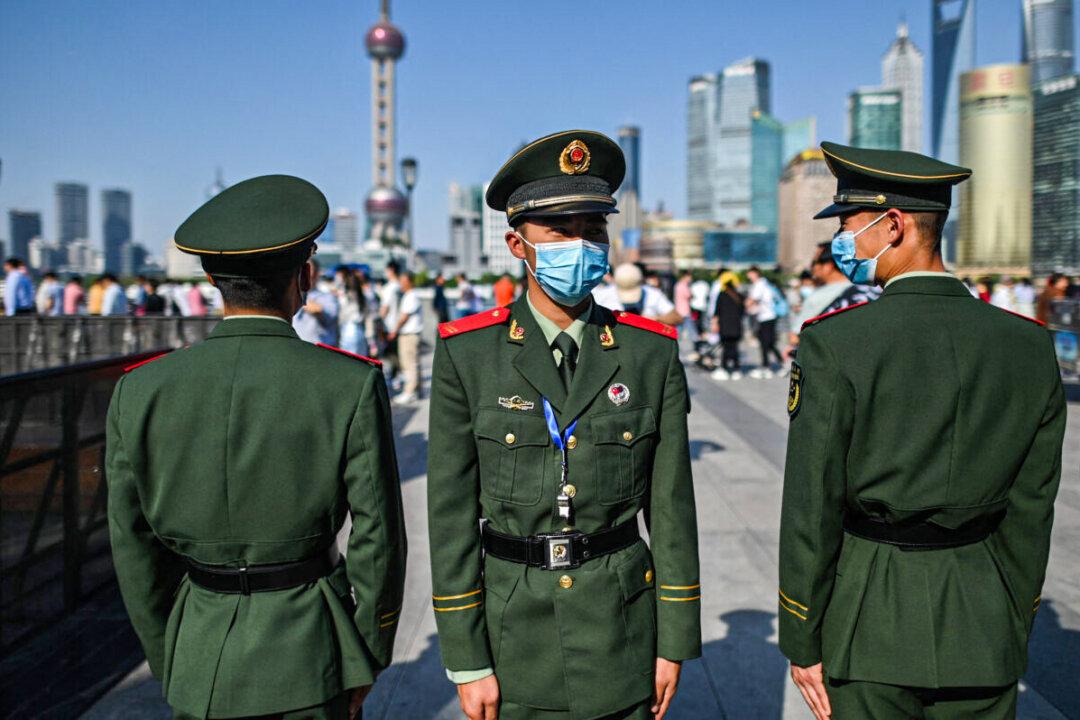Thousands of UK businesses are cutting their economic ties with China as they anticipate faster decoupling between China and the West, according to a major UK business group.
Confederation of British Industry (CBI) Director-General Tony Danker said thousands of companies in the UK are currently rethinking their supply chains in anticipation of hardening anti-China political sentiment.





